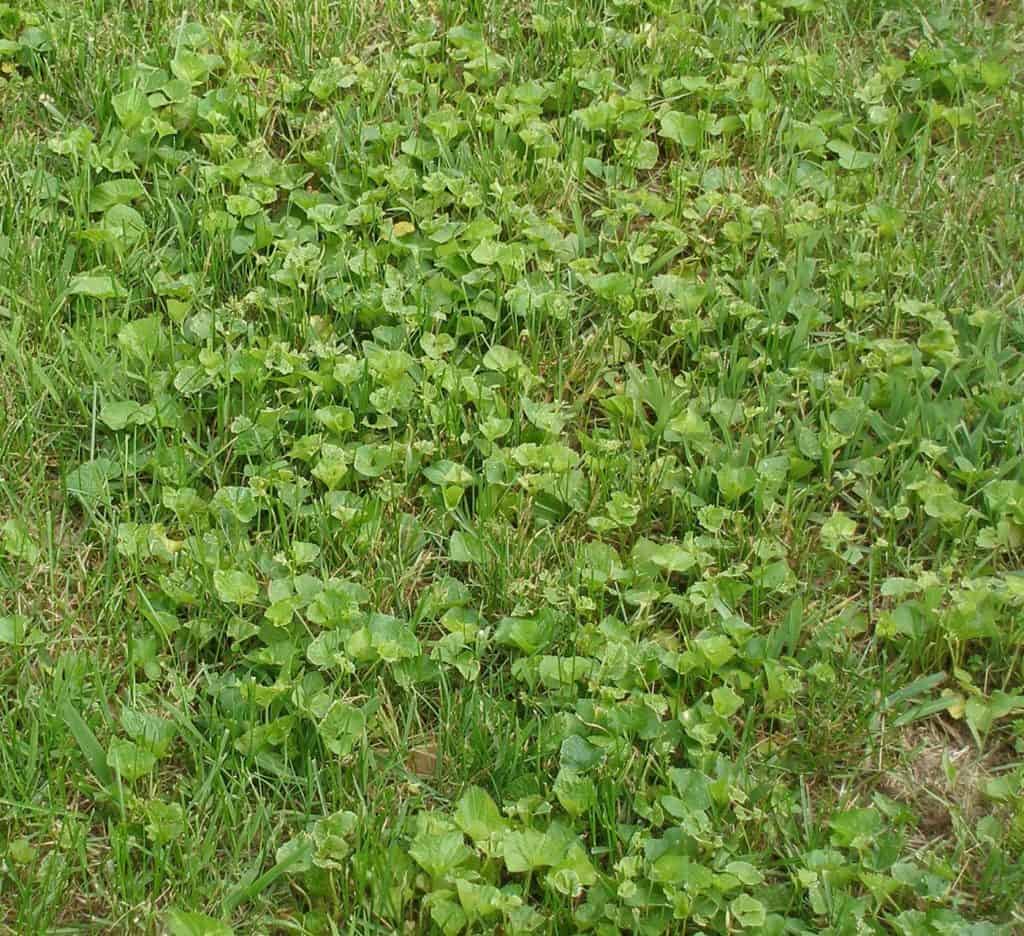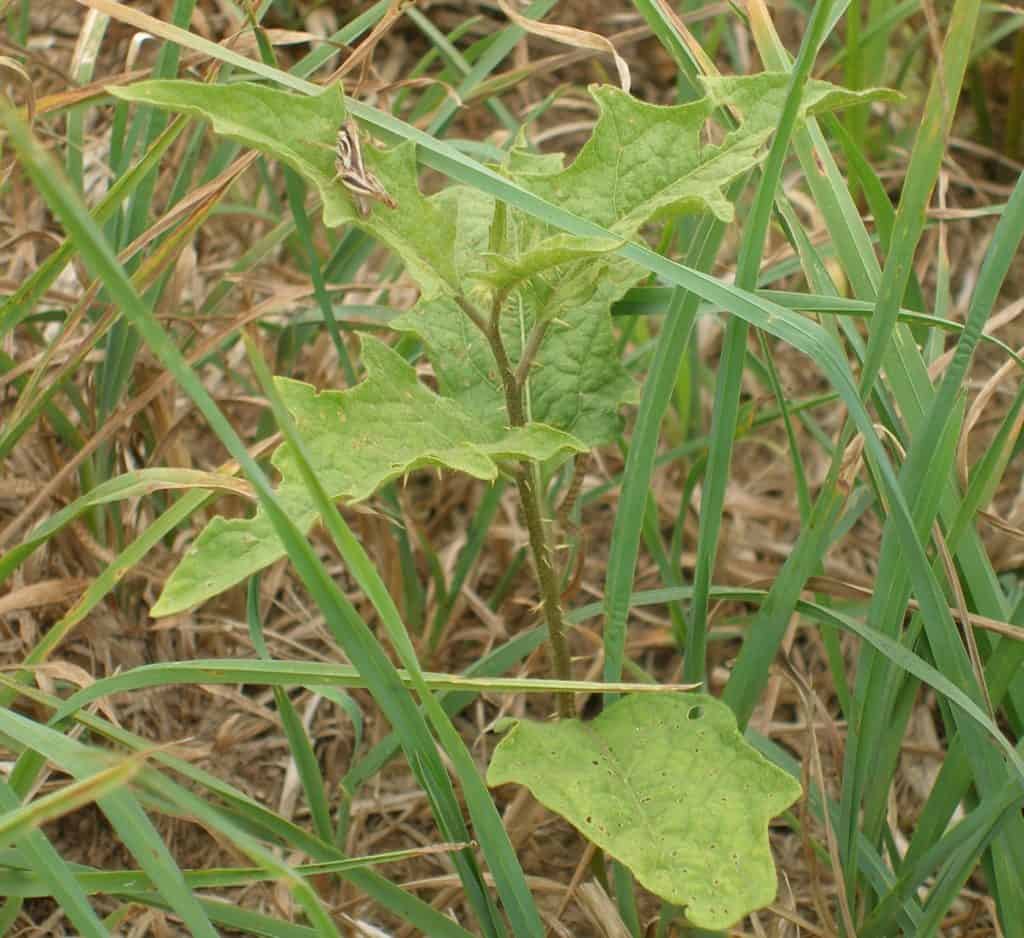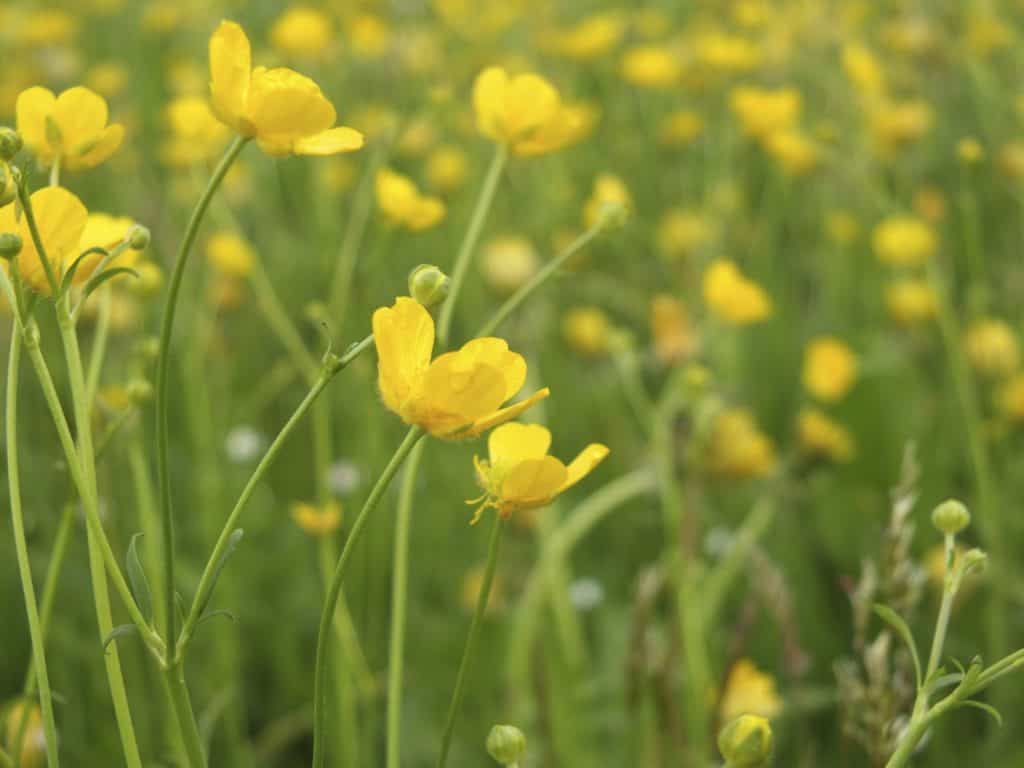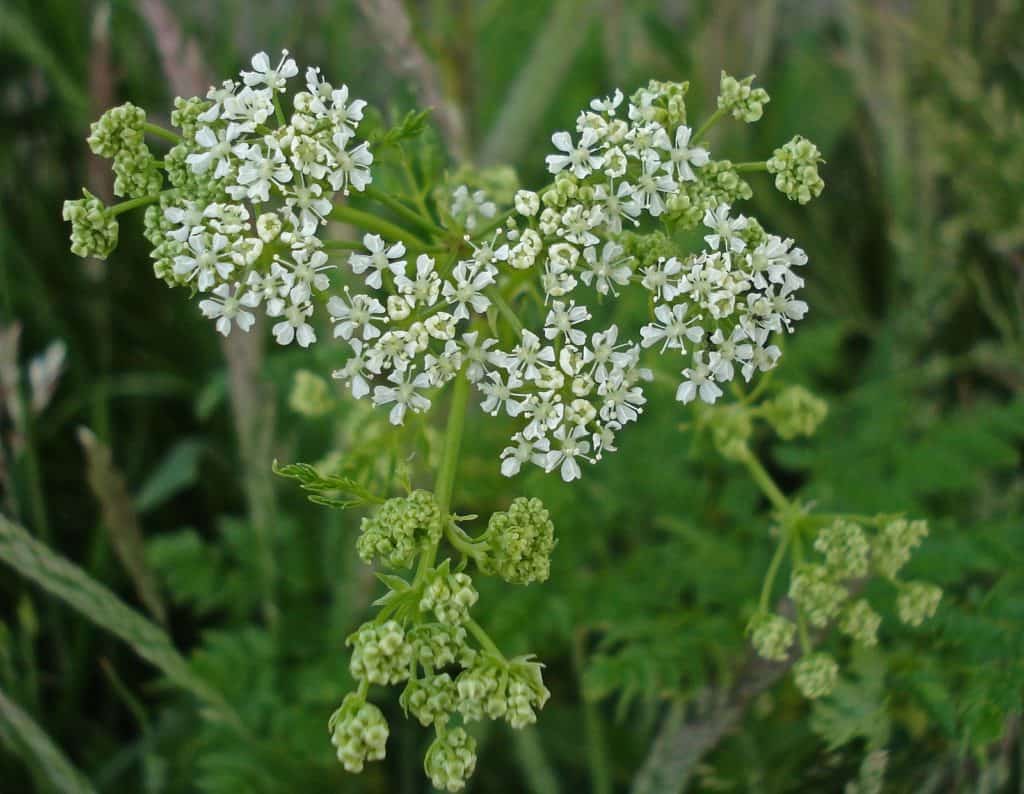
Weed of the Month: Hemp Dogbane
Hemp dogbane is poisonous to horses. The leaves are toxic at all times, even when dried in haybales.

Hemp dogbane is poisonous to horses. The leaves are toxic at all times, even when dried in haybales.

Horses can develop signs of toxicity soon after eating the plant or its seeds, but residual signs can persist for weeks.

A program that integrates several control strategies is generally more successful than relying on only one method.

Spring is in the air! Here are some tips to help you get your horse property ready for the season.
This year’s program will focus on “Grazing Rewards and Concerns: How and Why to Manage Your Pastures.”

Wild violet is distributed widely throughout the eastern United States and occurs most frequently in highly maintained pastures, turf grass, and landscapes.

Curly dock grows well in alfalfa, disturbed sites, cultivated fields, ditches, and especially in compacted, overgrazed pastures.

Horsenettle is distributed widely across most of the United States, especially in the eastern half and the western coastal states.

Wild parsnip foliage can cause skin photosensitivity and rashes in both humans and horses.

Horses and other animals rarely consume nimblewill, so the plant often persists in pastures.

Common ragweed is distributed widely across the United States and occurs in pastures and cultivated crops. Infestations in pastures are usually more of a problem during periods of drought or when overgrazing occurs.

Buttercups can be poisonous to horses, but the plants are not palatable and animals usually do not eat them.

Chicory is not as common as many weeds in horse pastures but occurs in more abundance in unmowed pastures.

Poison hemlock is extremely poisonous to horses and humans, however horses rarely eat this plant because of its low palatability.

Musk thistle is distributed across the United States and is listed as noxious in many states.

What weeds can you expect in pastures in 2014? The same ones that occurred in previous years will likely grow and thrive this year as well.
Stay on top of the most recent Horse Health news with
"*" indicates required fields